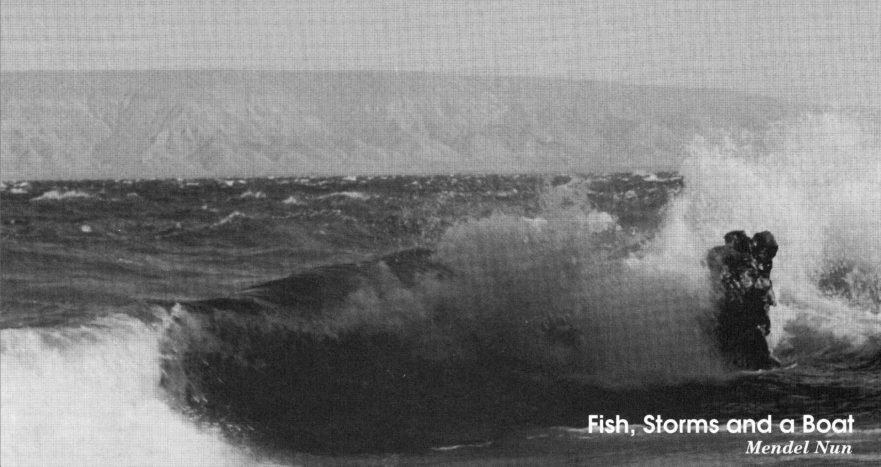One of the titles given to Jesus was “Nazarene.” Where did the title come from, and did it have any special significance? Ray Pritz traces the title’s origins.
Pursuing Righteousness

A reconstruction can only be adopted by a theologian or a historian. A Bible translator must translate what the text of Scripture actually says.
A New Solution to the Synoptic Problem

The many similarities among the Synoptic Gospels suggest a literary interdependence.
The Divine Name in the Hebrew New Testament
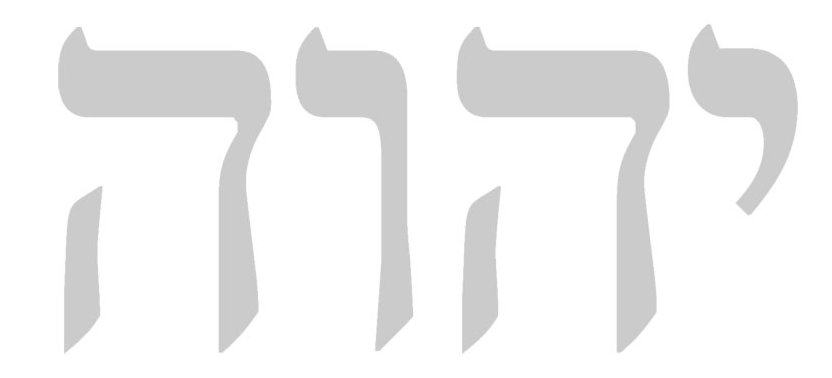
God has a personal name: YHVH. Like Semitic names in general, it was intended to reflect something of the bearer’s character. YHVH is related to the root h-v-h, “to be”, and reflects God’s eternity and timelessness.
Master and Disciple

To understand the relationship between a first-century master and his disciples, one must appreciate the central role of Torah in ancient Jewish society.
The Two Great Principles and Sefer Pitron Torah

The command to love one’s neighbor was already thought of during the Second Commonwealth as the essence of the second half of the Decalogue, in which sense it is quoted in Sefer Pitron Torah.
Matthew’s Aramaic Glue

Knowledge of the different ways of joining stories in Greek, Hebrew and Aramaic can help us understand the history and relationships of the Synoptic Gospels.
Sabbath Breakers?
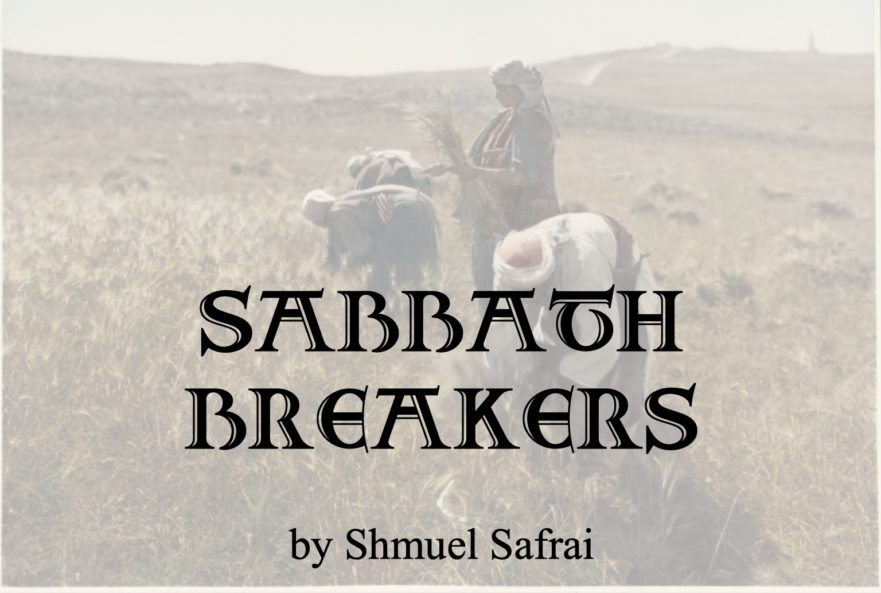
Jesus’ observance of the commandments has been a topic of vigorous scholarly debate. However, when the Synoptic Gospels are carefully examined, one sees that Jesus never violated written or oral Torahs. But did his disciples?
Hebrew Nuggets, Lesson 24: Messiah (Part 2)

Athough the concept of Messiah is importance both in Judaism and Christianity, the Hebrew word מָשִׁיחַ (maSHIaḥ, messiah) was not often used in Jesus’ day. Jesus and his contemporaries rarely spoke of the Messiah by that name, but preferred to use other more oblique terms. In the New Testament, maSHIaḥ almost always appears in its Greek translation: χριστός (christos, anointed with oil; Christ). The Greek transliteration μεσσίας (messias) appears only twice, in John 1:41 and 4:25.
Jesus and the Essenes
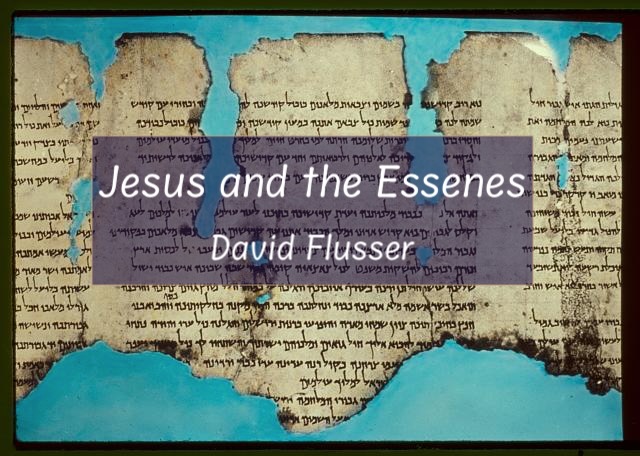
The Essenes’ favorite name for themselves was “the sons of light.” In the Synoptic Gospels the term appears only in Luke 16:8, and the reference is not very flattering. Was Jesus making an ironic reference to the Essenes?
A Friend of Tax Collectors

Tax collectors were especially hated because they increased their profit by collecting more taxes than their masters actually demanded.
Who Questioned Jesus?
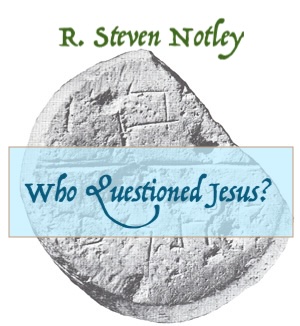
One should not exaggerate the opposition against Jesus in Jerusalem during the fateful Passover that witnessed his crucifixion.
Your Money or Your Life

Perhaps the most impressive thing about Jesus’ reply to the question about paying taxes to Caesar is that Jesus disarms his opponents and at the same time places a total demand on them.
The Kingdom of God: God’s Power Among Believers

One of the greatest theological controversies in the last century concerns the meaning of the terms “Kingdom of God” and “Kingdom of heaven.” Because scholars have not given adequate attention to the fact that these are completely Hebraic terms, confusion has arisen concerning the period of time to which the Kingdom refers, who takes part in it and the exact nature of the Kingdom. Examining relevant Gospel passages in their Hebraic context will clarify what Jesus meant when he spoke of the “Kingdom of God” or the “Kingdom of heaven.”
“Let Down Your Nets”
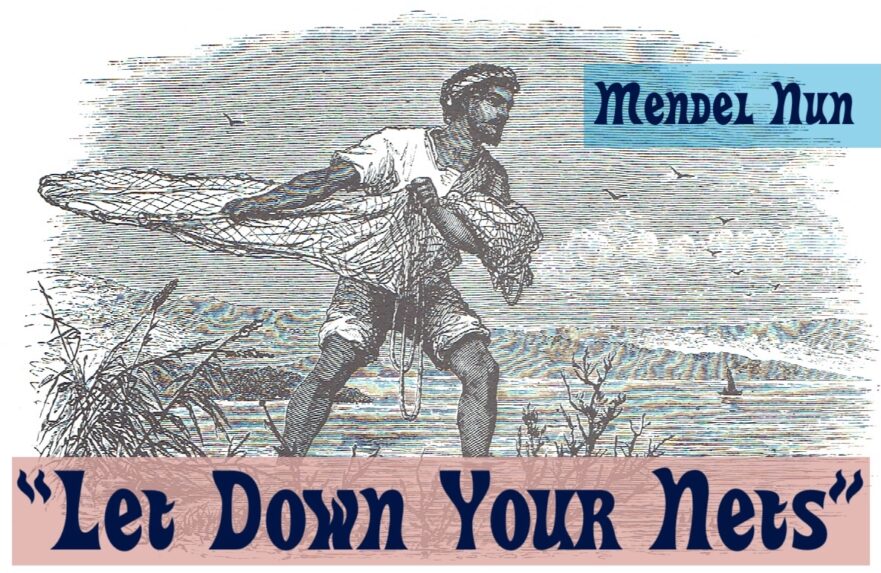
In this article Sea of Galilee fishing expert, Mendel Nun, discusses the different types of fishing nets that were used in the first century by fishermen. Nun’s knowledge of ancient fishing techniques illuminates the stories of Jesus and his followers, many of whom were fishermen.
“Binding” and “Loosing” in the Kingdom of Heaven

Jewish sages were called upon constantly by their community to interpret scriptural commands. They “bound,” or prohibited, certain activities, and “loosed,” or allowed, others.
The Kingdom of Heaven Is Like a Seine

The seine was used in the Sea of Galilee until the 1950s, and my experiences in the early days of modern Jewish fishing on the Sea of Galilee have given me some practical insight into its use.


